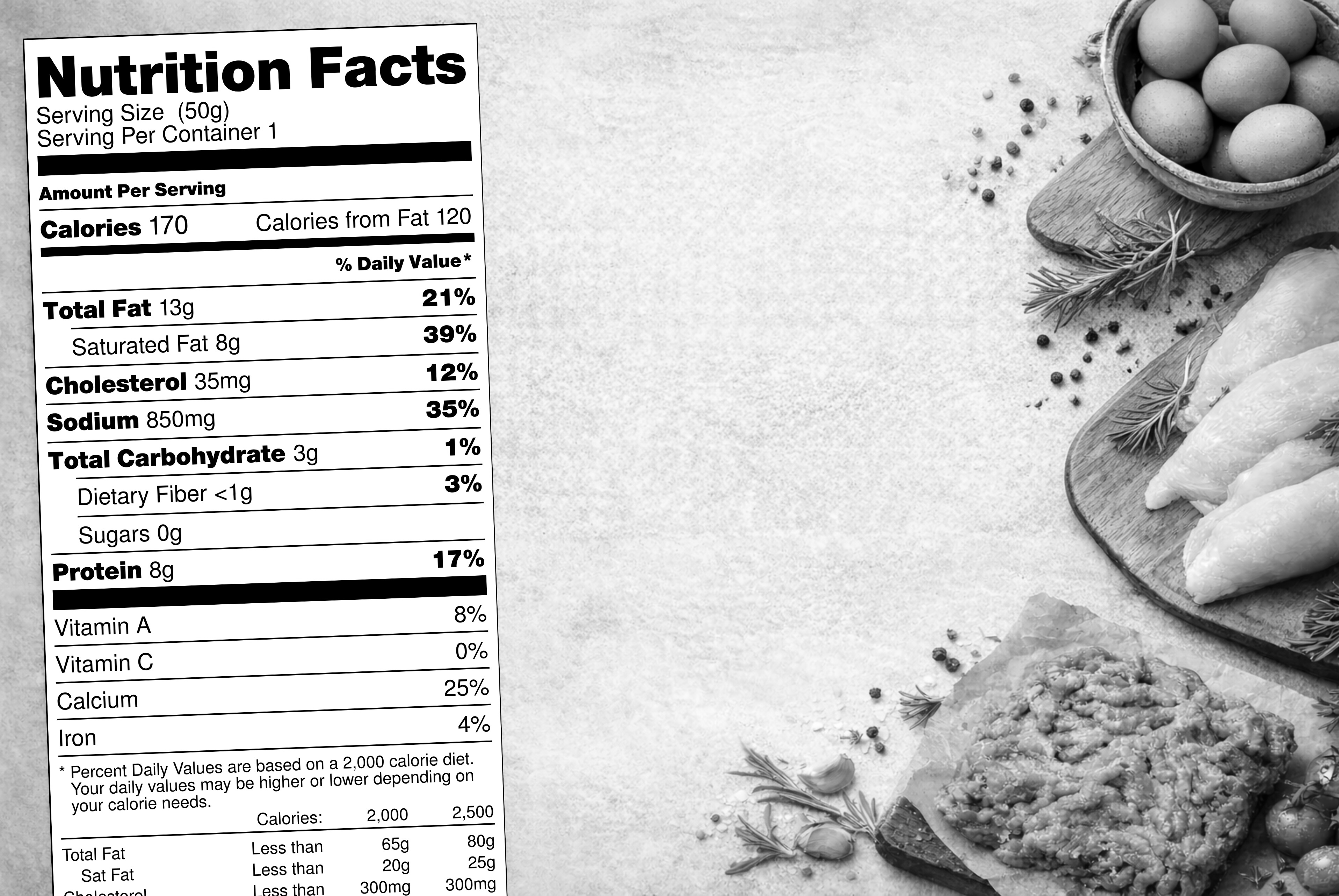
California’s New Ban on Artificial Food Dyes: A Step Toward Safer School Meals
Landmark School Food Safety Act
California has taken a groundbreaking step in school food safety by passing the California School Food Safety Act, banning six artificial dyes from food served in public schools. Signed by Governor Gavin Newsom, the law bans dyes Blue 1, Blue 2, Green 3, Red 40, Yellow 5, and Yellow 6, which are commonly found in processed foods like candies and snacks. The ban, which will take effect in December 2027, aims to ensure that children are provided with safer, healthier food options during their school day and minimize the health risks associated with artificial ingredients.
Health Concerns and Industry Response
This new law is a response to increasing concern about the impact of synthetic food dyes on children's health. The dyes have been linked to behavioral issues in children, including hyperactivity and attention problems. Consumer advocacy groups like Consumer Reports and the Environmental Working Group, co-sponsors of the bill, argue that these additives have long been overdue for regulatory action, with some already banned in places like the European Union. They hope this will pressure the FDA to enact these standards on a national level. While health experts applaud the move, some industry groups have raised concerns about higher costs and potential disruptions in food supply for schools.
As the first state to enact such a ban, California is once again leading the charge in food safety legislation, paving the way for potential reforms across the country.
How This Ban Fits Into Broader U.S. Food Regulations
California’s action is part of a larger wave of state-led food safety regulations. In October 2023, California instituted a statewide ban of four food additives, catalyzing several other states, including New York, Illinois, Missouri, and Pennsylvania, to propose similar bans. This growing trend is seen as a response to concerns that the FDA’s Generally Recognized as Safe (GRAS) list has not kept pace with emerging scientific research on the health impacts of certain food additives
The result is increasing pressure on food manufacturers to reformulate their products to comply with stricter regulations in states like California, which often leads the nation in progressive food policies.
However, this “patchwork” of state-imposed bans can cause challenges for food companies operating across multiple states. They may face the need to create different product formulations for different regions, potentially increasing production costs and complicating supply chains.
ENTR: Navigating Regulatory Compliance
As the regulatory landscape becomes more fragmented, companies will need solutions to stay ahead of new requirements. ENTR, a leader in regulatory compliance software, offers AI-powered tools to help companies efficiently adjust their formulations to adapt to changing regulations. With ENTR, food and beverage manufacturers can streamline innovation, stay compliant, and be prepared for the increasing changes to food regulatory standards.




